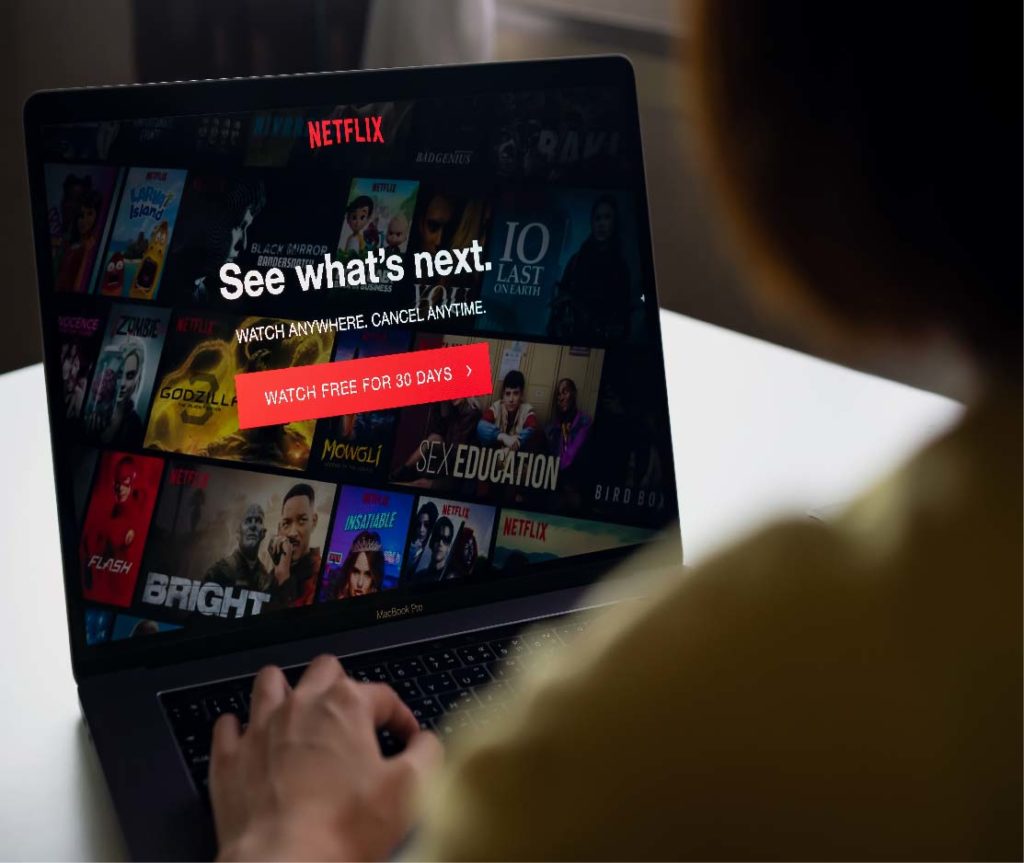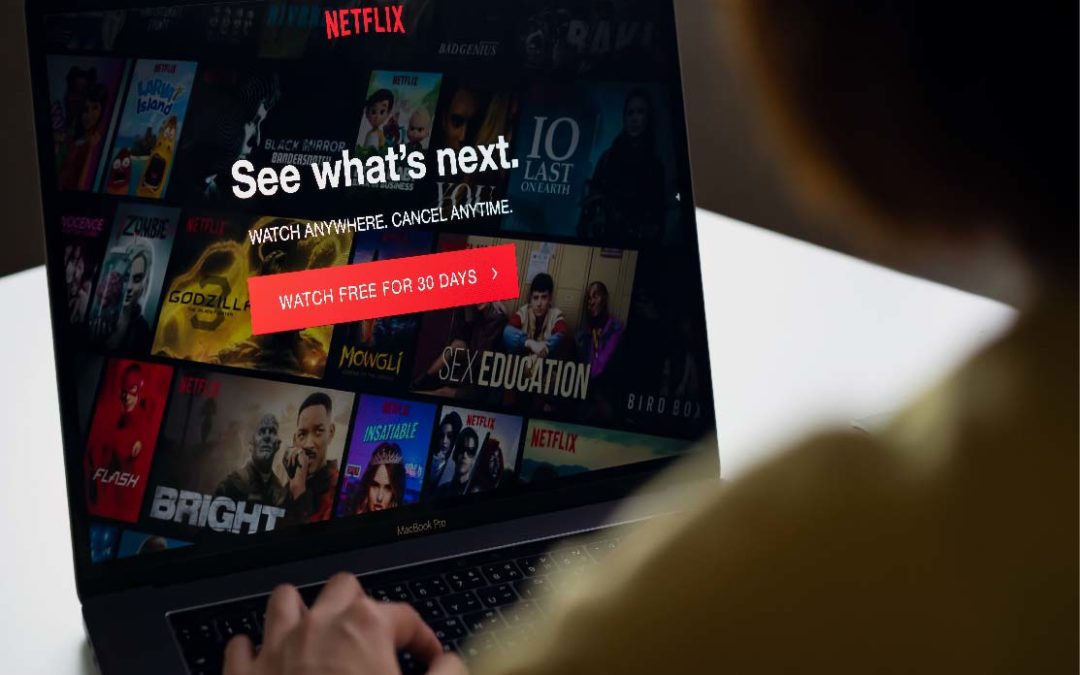
There is a lot we don’t know about nutrition. Although it may be difficult to accept, the verdict is still out on topics such as red meat, eggs, low-carb versus low-fat, and Paleo versus completely plant-based. In fact, there isn’t much we can say with certainty.
Science has not identified a single best diet or eating plan.
As a result, you can be certain that no documentary filmmaker has, no matter how compelling or convincing the film is. So, what do you do when a client—or a friend or family member—watches a popular nutrition documentary and becomes enthralled by:
- An extreme diet that you’re fairly certain won’t work and has little chance of long-term success?
- Advice on nutrition that conflicts with what you told them?
- Questionable eating methods you believe will set them back?
Take a breath first (or two). Next, realize that you won’t be able to “prove” anyone wrong in most circumstances. What’s more, you shouldn’t even try. For your customers, your business and your well-being, there is a much healthier and more effective approach.
This way of thinking makes your conversations clearer, encourages confidence and appreciation and ultimately allows you to exercise more influence. (The social media will make you more entertaining.) It doesn’t always feel second nature, of course. But it can be this way with practice. The reward is huge: You can use it to build a stronger and more productive relationship with everyone who wants your support, instead of fearing the next major nutritional documentary.
Why You Don’t Have to Be Correct
Let’s address a major hurdle before we get to support our customers: we have to be right. The truth is that most of the debates on nutrition will not be resolved soon. Not even in our lives, probably. You might even think of it like that: science is more about gradually being less mistaken than suddenly realizing some ultimate truth.
So, we won’t really know whether we are “right” in a lot of ways. You can become a more thoughtful, open coach if you accept this (and human being). Furthermore, it interfaces with your ability to establish a strong coaching relationship when trying to show your client that you are “right.” It may even hamper your opportunities to help.
You will never understand what they are trying to deal with this approach unless you ask questions to find out what resounds to your customer with “Diet Fad X.” This is a missed chance to use the things your customer needs to make real change. There is, however, one downside with the acceptance that in nutrition, often there is no “right” answer: it can be disruptive.
You will never realize what you need in order to meet that approach without asking questions to find out what resonates with your client with “Diet Fad X.” This is a missed chance to use what is important for your customer to create real changes. There is one downside, however, that in nutrition often there is no “right” answer.
Nutritional insecurity raises fundamental questions for some coaches, such as:
- How can you distinguish between developing and vanishing your coaching philosophy?
- When you come across a new theory of nutrition, how can you avoid a crisis of confidence?
- How can you feel confident offering advice based on incomplete data?
The conclusions of the scientists: When people are asked how much they’ve changed in the past and how much they think they’ll change in the future, they almost always respond that the majority of their transformation is already behind them. It doesn’t matter if they’re 18 or 68.
“As humans, we have a tendency to believe that we are already the person we will be for the rest of our lives, but that is not the case,” Weller adds. “In science and nutrition, it’s the same.” There were things people passionately thought to be true about nutrition that were subsequently disproven or proved to be meaningless if we look back 150, 20 or even just 10 years ago.
This isn’t to say you should disregard modern nutrition science and thought. It’s to stress the fact that ambiguity has always existed in practically every facet of life, not just nutrition and science.
Even if we are confident about anything right now—the love of our lives, that great new job, a SpongeBob tattoo—we may change our minds in ten years.
So, what are your options?
Concentrate on what you know with the greatest degree of certainty at any given time. Then, as an experiment, test out new ideas and methods. Gather data and then decide on the best course of action based on the results.
The advantage is that you don’t have to be perfect before you begin. Nutrition experiments can help you learn more about what works best for each individual.
This is truly personalized nutrition coaching, and it allows you to be open to any approach your client wishes to try.
What we know (mostly) about nutrition science. If you think nutritional uncertainty is a problem for you, just imagine how it is for your clients.
“There is a lot of contradictory information out there, causing tribalism and discord where there should not be any,” says Precision Nutrition’s director of nutrition, Brian St. Pierre, MS, RD, CSCS.
“These passionate and frequently contradictory messages only serve to confuse people and discourage them from getting started in the first place, because it appears that ‘no one knows what’s right anyway.”
This is where you can help provide clarity and focus by emphasizing the significance—and effectiveness—of a few fundamental principles.
According to St. Pierre, despite all of the seemingly contradictory information, there are several fundamental elements on which almost everyone agrees:
- Protein consumption is critical for health, performance, and body composition.
- Consume fewer highly processed foods and more minimally processed whole foods.
- More vegetables are preferable to fewer vegetables.
- Learning to manage your food intake based on your body’s hunger and fullness cues works better in the long run than weighing and measuring everything you eat.
St. Pierre advises, “Make these four principles the foundation of your dietary recommendations.”
1.Provide Positive Feedback.
Don’t tell a client that it’s wrong if he’s excited by a nutritional documentary. This can feel rejected, and its thoughts and feelings can be minimized.
As a pioneer of cognitive behavioral therapy and creator of T.E.A.M. counselling techniques, David Burns, MD, says, ‘Find the truth about what they’re saying,’ instead.
Precision Nutrition Master Coach Kate Solovieva, MA, says one way to do that is by making positive feedback. “This allows your customer to engage in ‘self development,’ which means that both self-esteem and a sense of control have to do with a basic motivation.”
This is a good thing if you help someone to improve their diet.
Welcome your question, views and concerns in such a way as to say, “What matters to you and what matters to you, and I want to discuss.”
For instance:
- “It’s great that you care about the health, how your current behaviors can affect your well-being!”
- You can lead a question with: ‘I’m very happy you asked!’ If they ask a question.
- You can lead a question with: ‘I’m very happy you asked!’ If they ask a question.
2: Demonstrate Curiosity
“See if you can have a discussion about the film without explicitly stating your opinions,” Solovieva suggests. Ask a lot of questions and listen carefully. As Solovieva puts it, “practice good coaching.” Your goal is to discover what they discovered that was so intriguing (or unsettling) to them, and why.
Here are some questions that may help you learn more and possibly decide (as a group) what to do next:
If they resist what you told them because of the conflicts of nutritional documentary…
- Please ask: “Can you say a bit more to me? What have you been struck by? How would you look better, and why?”
Their current plan takes them down the wrong road if they’re worried…
- Ask: “I know why you are concerned. Ask: I wonder if you can tell me more of the conflicts between the documentary and our work. Do you want to do something specific other than this?”
If the changes based on the nutrition documentary are interested in…
- Ask: “How does it attract you to make this change? How are you going to benefit from that change? Is there anything you think is going to be challenging about?”
This approach helps demonstrate that your customer is in charge. And knowing that they are the decision maker – and that you are going to encourage their decision – gives them a greater trust in your advice.
3: Motivate Your Client to Think Like a Scientist
One of the Precision Nutrition coaching program’s pillars is self-experimentation. Because everyone is different, you never know how a particular way of eating will work for you until you try it.
Krista Scott-Dixon, PhD, Precision Nutrition’s director of curriculum, explains how to frame an eating experiment for your client.
When discussing this with clients, use words like ‘exploration,’ ‘try,’ and ‘game,” advises Dr. Scott-Dixon. “Say something like, ‘For the next two weeks, we’re going to play a little game.’ You’re going to be a scientist, and you’ll be collecting data on yourself. Let’s create some indicators to monitor that will help us determine whether this is moving you closer or further away from your goals. We’ll be able to analyze the data together once you’ve gathered it. If you want, we can even create some charts and PowerPoint presentations. Then, just like scientists, we’ll draw conclusions and make outcome-based decisions to determine our next steps. However, you will be the authority on your own experience.’
- Recognize that what works for others cannot work for them necessarily
- Spend “research” and immerse yourself in your own experience
- Find out more about your food/nutrition relationship
- Dismiss the results of the experiment emotionally
This process can be applied to any type of food change, from the test of intermittent fasting to the test of an oil free diet.
The best thing? It controls your customer’s experience and enables you to learn through action. Instead of placing you as a nutrition documentary fact-checker it casts you, the coach, as a source of strategy, guidance and support
Remember, your customer is everything. Coaches can find sensational documentaries difficult to handle. But these papers are their first exposure to nutrition science for many people. Your customer would be persuaded by what he saw in a film and perhaps even concerned about it.
Take your time and pay attention. Empathy is required. Be an ally to them.
Using this framework, you can alleviate your client’s anxiety, capture their enthusiasm, and assist in developing an effective plan that feels right to them.
And you can be certain of one thing: those are major game changers.


Recent Comments